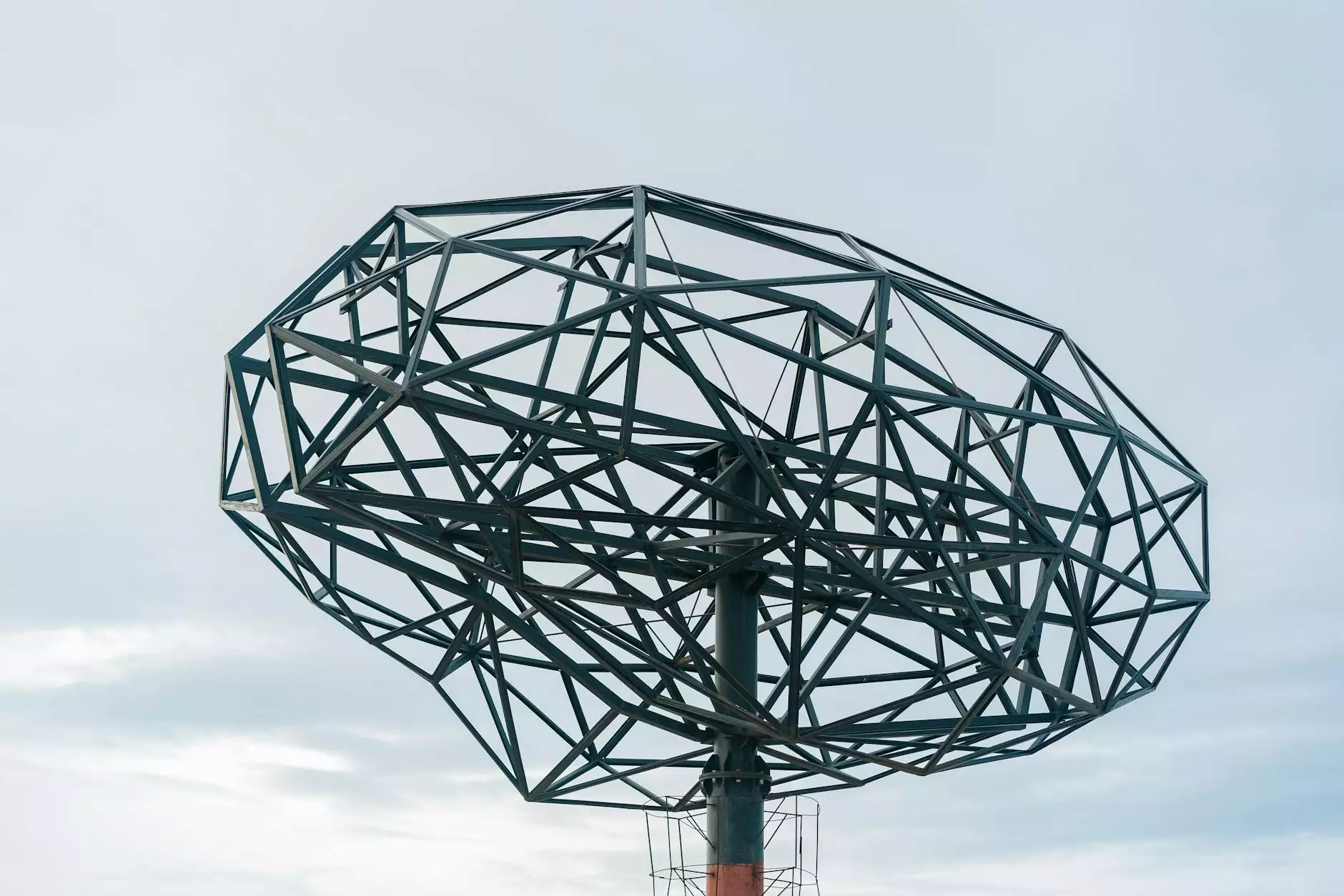The Connection Between Consciousness and the Brain

Consciousness, often referred to as our awareness of ourselves and the world around us, is a complex and intriguing phenomenon that has captivated scientists, philosophers, and individuals alike for centuries. At the core of this enigma lies the brain, the remarkable organ that orchestrates our thoughts, emotions, and actions. In the quest to unravel the mysteries of consciousness, a fundamental question arises: what part of the brain controls consciousness?
Exploring the Brain's Role in Consciousness
Within the intricate network of the brain, various regions and structures work in harmony to shape our conscious experiences. While the exact neural mechanisms underlying consciousness are still a topic of ongoing research and debate, several key brain regions have been identified as playing crucial roles in our awareness and perception.
The Prefrontal Cortex: The Seat of Higher Cognitive Functions
One of the primary regions associated with consciousness is the prefrontal cortex, located in the frontal lobe of the brain. This area is known for its involvement in decision-making, reasoning, and planning, making it essential for our sense of self-awareness and executive functions. Damage to the prefrontal cortex can result in alterations in consciousness, highlighting its significance in shaping our conscious experiences.
The Thalamus: The Gateway to Consciousness
Another crucial player in the realm of consciousness is the thalamus, often described as the brain's relay station. This structure serves as a gateway for sensory information to reach the cerebral cortex, where higher-order processing takes place. By filtering and directing sensory inputs, the thalamus influences our conscious perception of the world around us.
The Integrated Nature of Consciousness
It is important to note that consciousness is not localized to a single region of the brain but rather emerges from the coordinated activity of multiple interconnected areas. The dynamic interplay between different brain regions gives rise to our rich tapestry of thoughts, emotions, and experiences, illustrating the integrated nature of consciousness.
The Role of Neural Networks in Consciousness
Recent advances in neuroscience have shed light on the role of neural networks in generating conscious awareness. These interconnected circuits enable communication between different brain regions, forming the basis for our cognitive functions and subjective experience. By studying the dynamics of neural networks, researchers strive to uncover the neural signatures of consciousness.
Implications for Health and Well-being
Understanding the relationship between the brain and consciousness has profound implications for health and well-being, particularly in the fields of Health & Medical and Counseling & Mental Health. By exploring how alterations in brain function can impact consciousness, healthcare professionals can develop innovative strategies for treating various neurological and psychiatric conditions.
Conclusion
In conclusion, the connection between consciousness and the brain represents a fascinating frontier in neuroscience and philosophy. By delving into the intricate workings of the brain and exploring what part of the brain controls consciousness, we gain valuable insights into the nature of our existence and the essence of being human.









